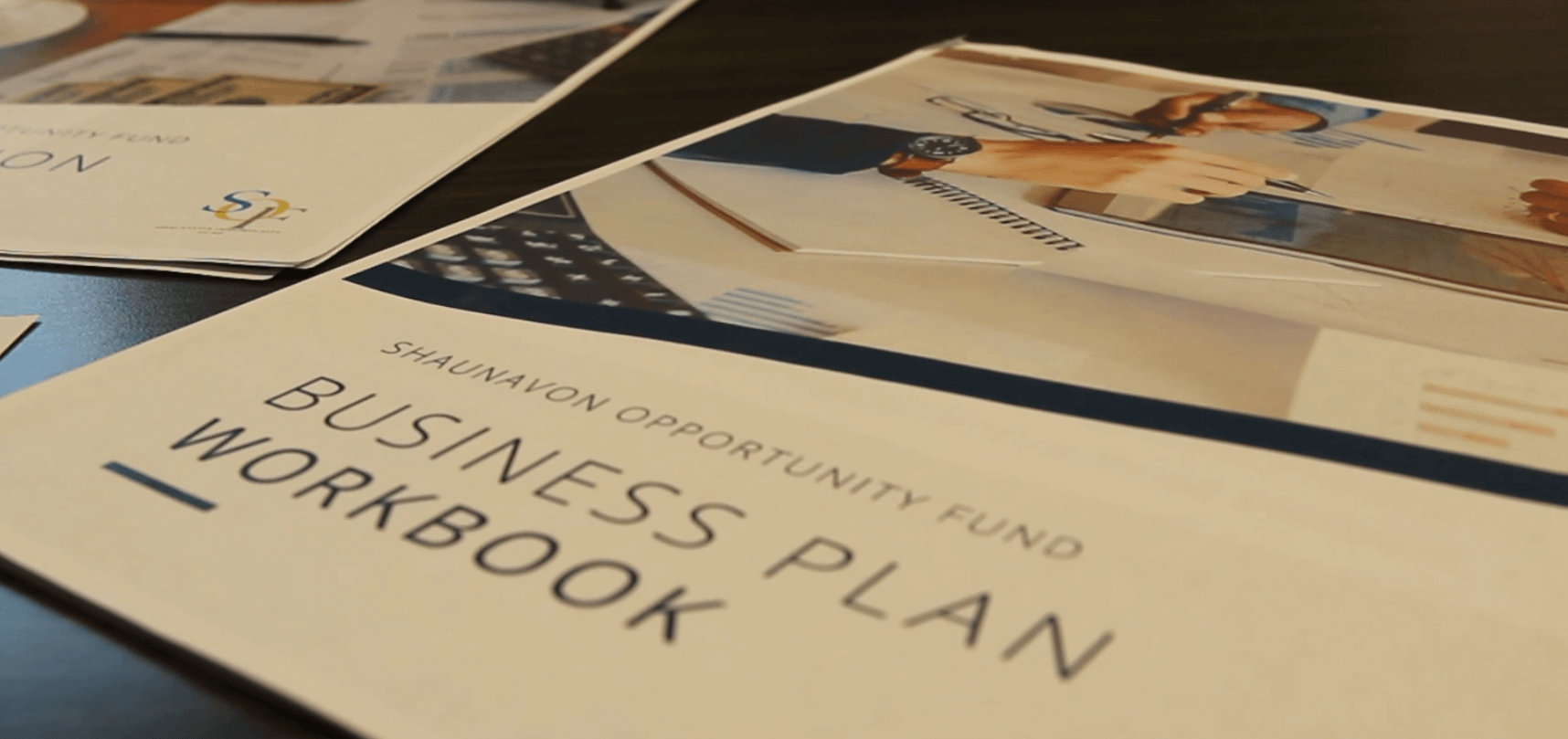When you’re starting a business, it’s good to have a plan. But what should that plan contain? And should you do a business plan, or a feasibility study? Or both?
Let’s figure it out!
Feasibility study: Do you have a good business idea?
You can do a feasibility study to figure out if your business idea is viable. In this report, you’ll include things like how many people are interested in becoming members, what the demand is for your product or service, who your competitors are, possible risks, and general estimates about what it will all cost. With this information, you should be able to determine whether it’s worth your time to start a co-op.
A good time to do a feasibility study is before you incorporate a co-op or recruit new members.
Business plan: A tool to pitch your co-op
A business plan, on the other hand, maps out how your business will operate. It should tell the story of how your co-op will work while explaining important details about its operations. Most business plans will include a description of the co-op, its organizational structure, its products and suppliers, a human resources plan, a market analysis, an operating plan, and financial projections.
A co-op’s steering committee should typically begin business planning after they’ve incorporated the co-op. This way, they can use it to apply for funding or support if an opportunity emerges. A business plan will help you map out how your members will work together and will be essential if you apply for a loan from a financial institution.
Which one should you do?
In short, a feasibility study will let you know whether your business is a good idea, and a business plan describes how your business will work. A feasibility study is primarily for your co-op’s steering committee, while a business plan is designed mainly for others (namely funders) to help them understand your business.
So, do you need a feasibility study, a business plan, or both?
Some co-ops won’t need to do either. Because co-ops often fill a gap in the market and are supported by the people who will use them, you may make a lot of progress without formal planning. Or a formal plan may never be necessary if you’re starting a co-op that doesn’t need to rely on a bank for financing.
But, for many, they can be a useful exercise.
You might need a feasibility study if:
- you need to convince members and investors to buy into your idea.
- you’re not sure if the resources you need for your business are available (e.g., skilled staff, adequate infrastructure).
- you’re starting an unconventional business that might not be a good fit for the area (e.g., will enough people be interested in this product).
You might need a business plan if:
- you need to demonstrate your plan to a funder, like a bank.
- you need to map out how your team will work together, identifying milestones that you can work towards.
- there’s been a change in your operating environment, and you need to plan how you’ll respond.
Resources that can help
If you would like to do a business plan, you’re in luck! Our Biz Plan Generator is the ideal tool to lead you through the process of writing a comprehensive business plan, customized to your business.
If you need some help figuring out your co-op’s structure and determining whether your idea is feasible, check out our Introduction to Co-operatives online course. Our Co-op Entrepreneurs course will walk you through the steps of building a co-operative business.
If you’d like more support in getting your co-operative started, check out our expert start-up support services. We can help you map your path to getting up and running and identify whether you need a feasibility study or a business plan. Get in touch!

 Written by
Written by 


